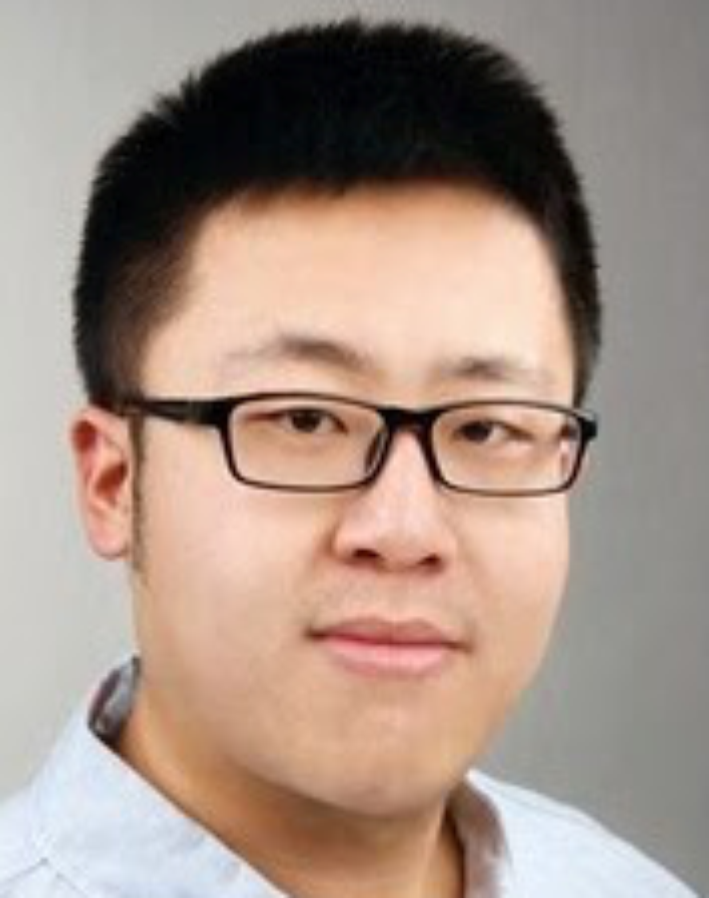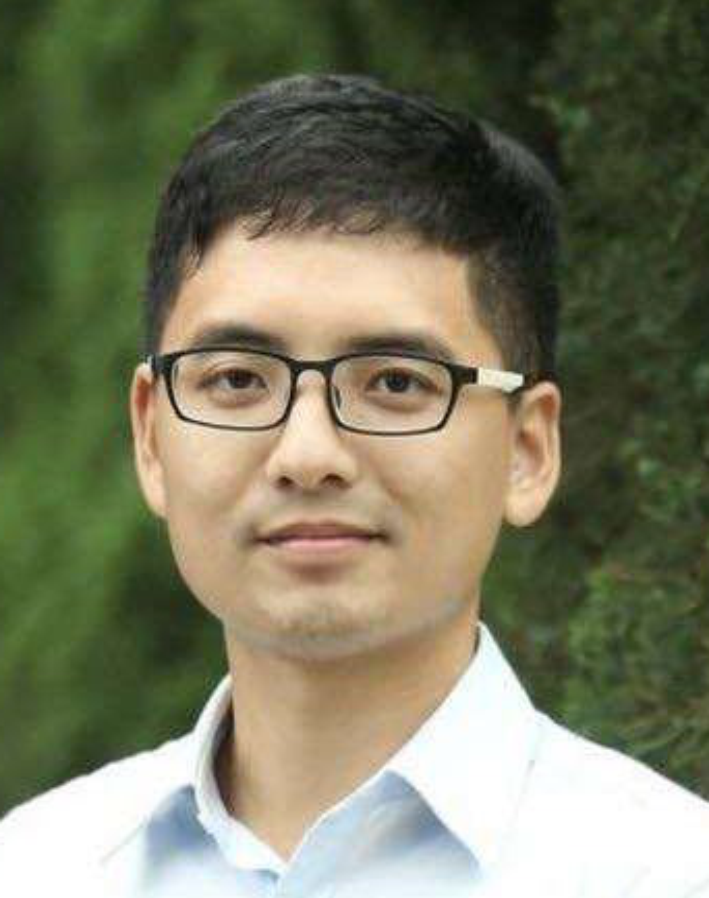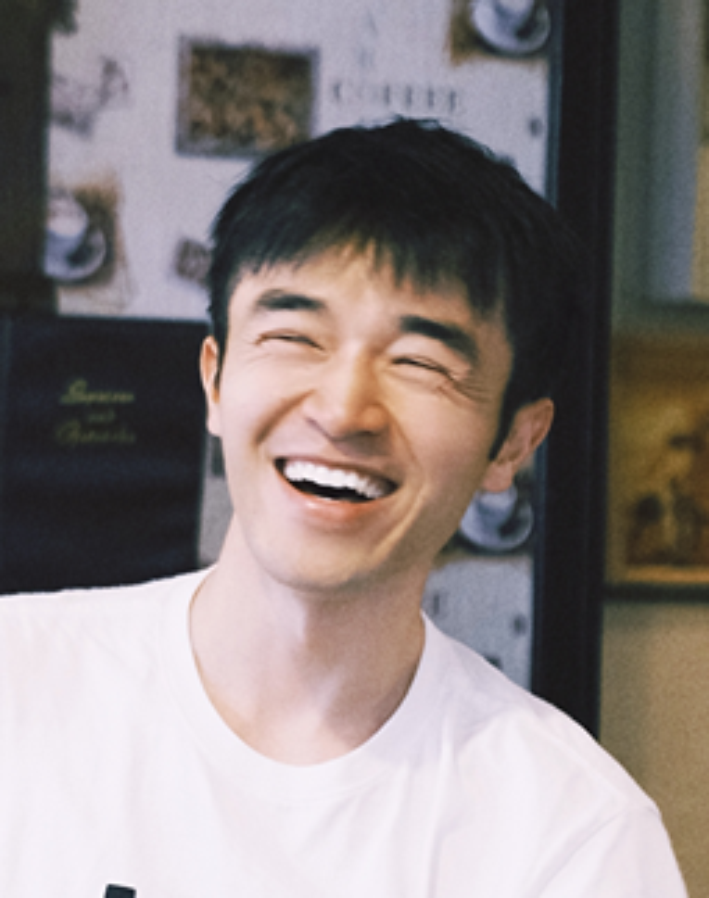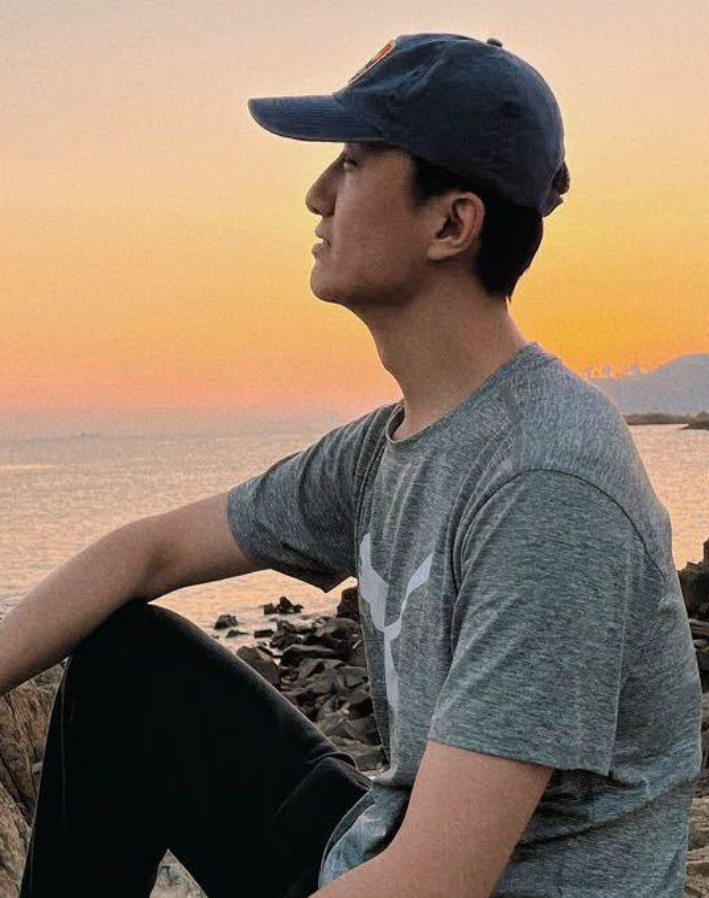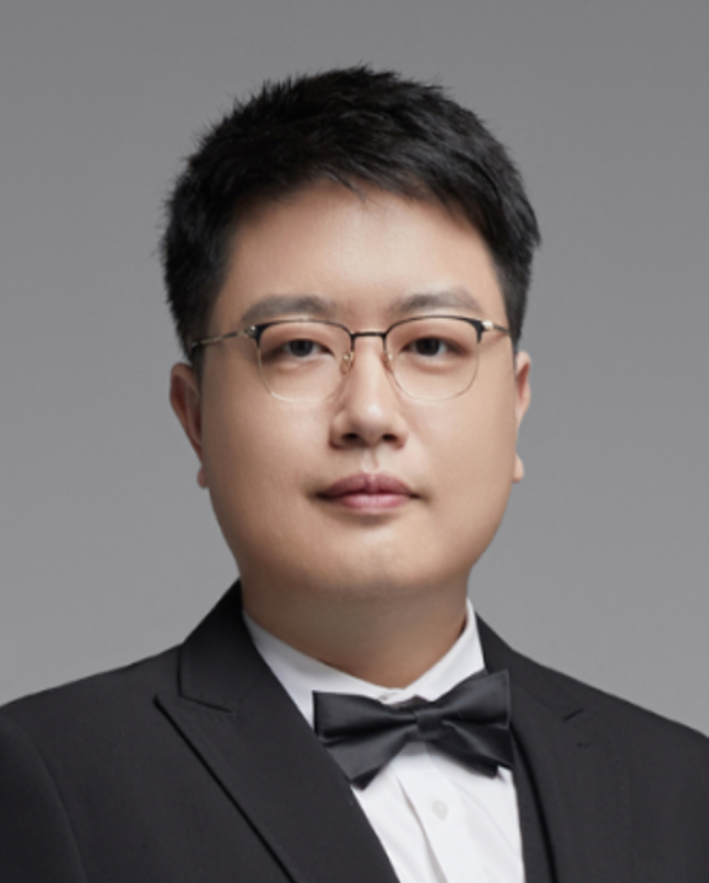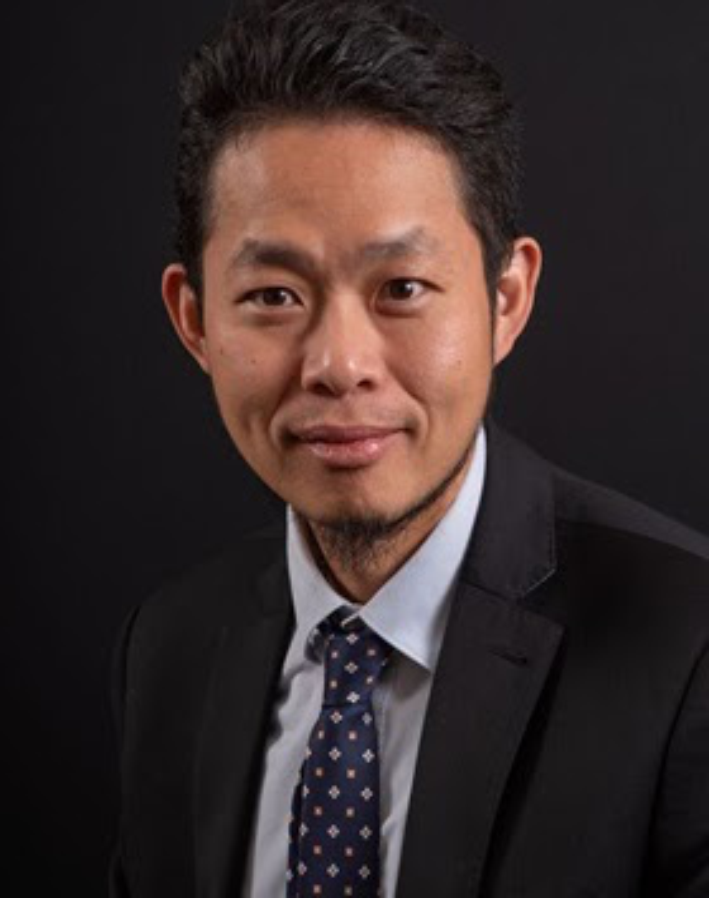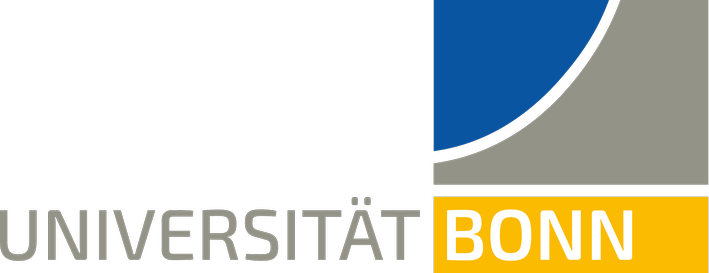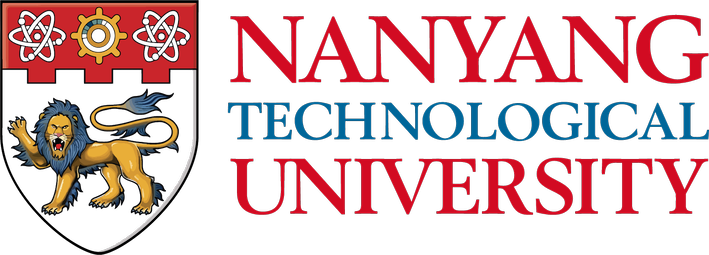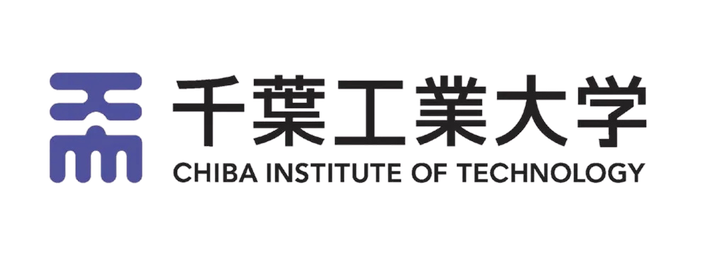Workshop on Robot Meets GNSS and Ranging for Seamless Autonomy
Exploring Synergies and Challenges of Radio-based Ranging Technologies in Robotics
Workshop endorsed by:

Workshop considered for:

News
- Oct 6, 2025: Keynote speaker Dr. Zak Kassas (Ohio State University) confirmed.
- Sep 26, 2025: Workshop website online.
- Sep 25, 2025: All scheduled speakers confirmed.
Important Dates
To be announced.
Scope
Robot navigation in large-scale environments requires globally consistent state estimation for planning and coordination. Ranging technologies, most prominently the Global Navigation Satellite System (GNSS), offer an effective and low-cost complementary sensing modality. Yet, robotics research has typically utilized ranging sensors only at the solution level, overlooking raw measurements that offer rich observability and valuable constraints.
Although recent studies demonstrate a growing interest in raw range observations to improve robustness, significant gaps remain across research communities, as key advances are not effectively exchanged. This disconnect is particularly evident in robotic applications, where ranging systems (e.g., GNSS) are frequently degraded by multipath, non-line-of-sight effects, and other signal interference in complex environments.
Recognizing the shared challenges in sensor integration, error modeling, integrity monitoring, and certifiable optimization of ranging observations from diverse ranging systems (e.g., GNSS, Ultra-Wide-Band), this event emphasizes the critical role of ranging technologies in resilient robot navigation. It seeks to identify open challenges and promising directions for future research across domains, while bringing together researchers from diverse communities to exchange knowledge and foster collaboration.
Keywords State estimation Sensor fusion Raw range observation GNSS UWB Error modeling Multipath/NLOS Robustness Integrity Safety
Invited Speakers
Speakers are listed in the order of their scheduled presentations.
Session 1: Ranging-Enabled Robotic Research
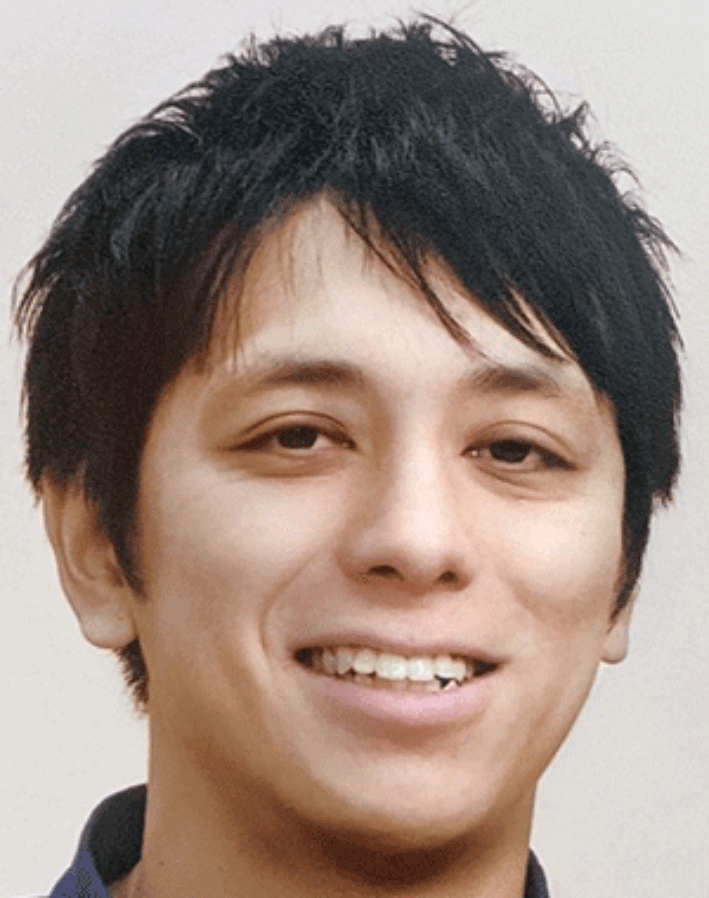
Dr. Suzuki is a chief researcher at Chiba Institute of Technology, Japan. He received his B.S., M.S., and Ph.D. in Engineering from Waseda University in 2007, 2009, and 2012 respectively. From 2012 to 2014, he worked as a postdoctoral researcher at Tokyo University of Marine Science and Technology. From 2015 to 2019, he worked as an assistant professor at Waseda University.
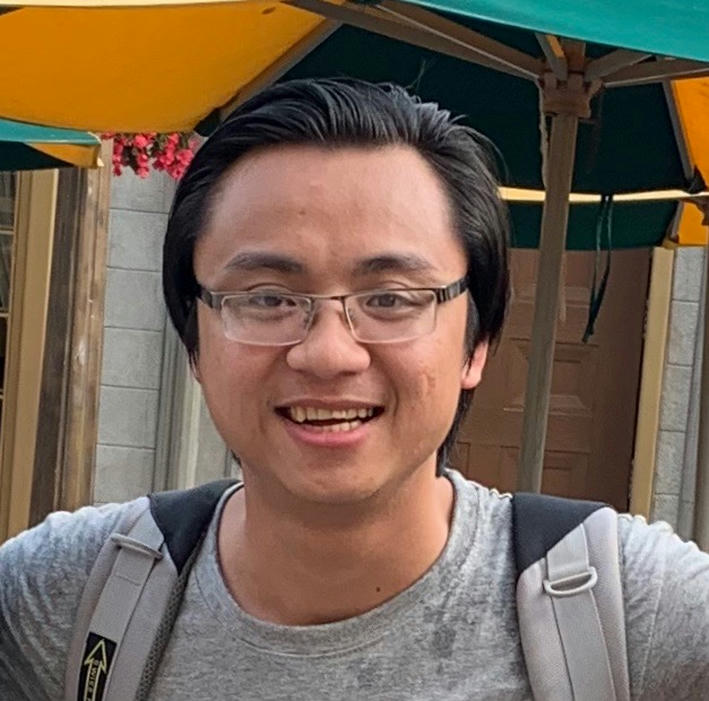
Dr. Nguyen is currently a Lecturer in Robotics at the School of Mechanical and Mining Engineering at The University of Queensland. He was a Research Fellow at the Center for Advanced Robotics Innovation Technology (CARTIN). His research focuses on robust and intelligent perception for autonomous systems in complex environments by integrating multiple sensing modalities and prior knowledge. He has extensive experience with UAVs as testbeds for his perception systems.
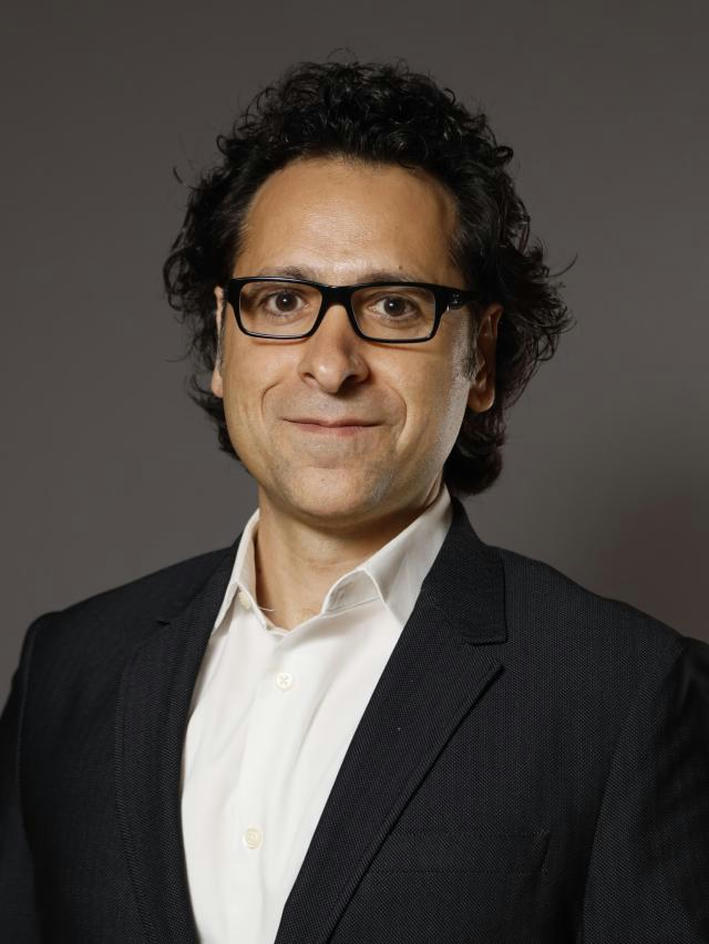
Prof. Kassas is the TRC Endowed Chair in Intelligent Transportation Systems and Professor of Electrical and Computer Engineering at The Ohio State University. He directs the ASPIN Laboratory and the U.S. Department of Transportation’s CARMEN Center. His research focuses on resilient positioning, navigation, and timing (PNT) using signals of opportunity in GNSS-challenged environments. He is an IEEE and ION Fellow and recipient of the NSF CAREER, ONR, AFOSR YIP, and PECASE awards.
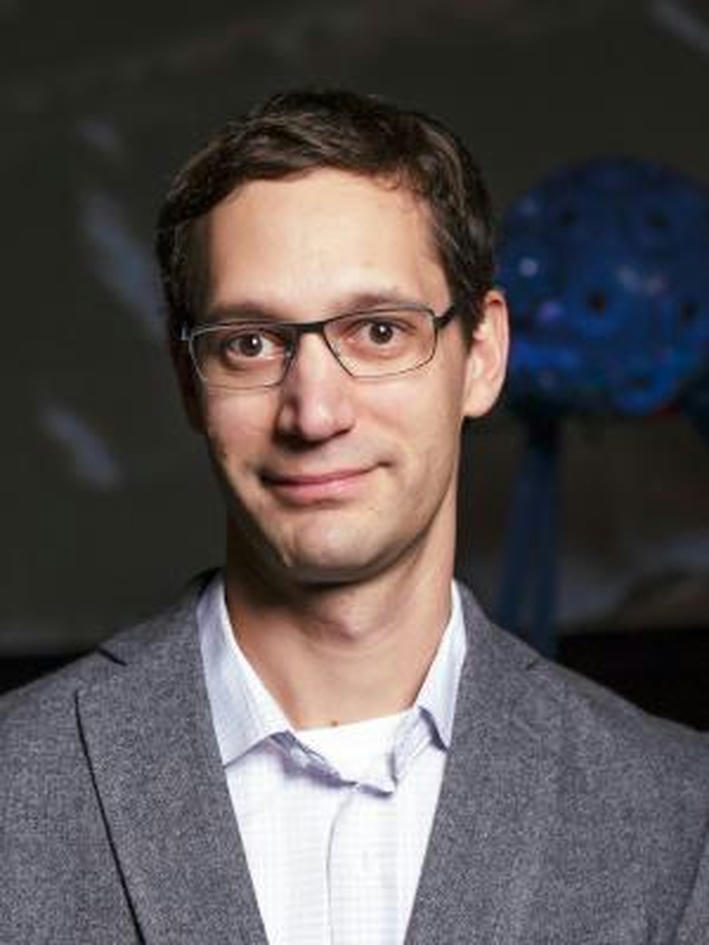
Prof. Weiss is Full Professor of Robotics and Deputy Head of the Institute of Smart Systems Technologies at Alpen-Adria University Klagenfurt. He earned his Ph.D. at ETH Zurich and previously worked at NASA’s Jet Propulsion Laboratory. His research focuses on vision-based state estimation and autonomous navigation for aerial and mobile robots.
Session 2: Robustness, Integrity, and Safety
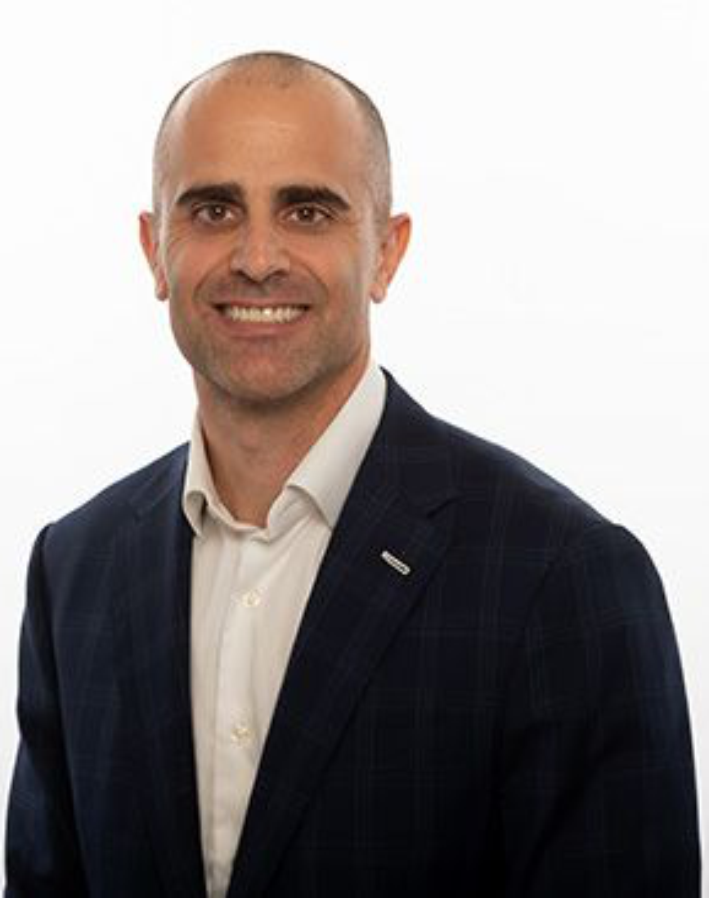
Prof. Spenko is a Professor of Mechanical and Aerospace Engineering at Illinois Institute of Technology and serves as Interim Department Chair. He earned his B.S. from Northwestern University and his M.S. and Ph.D. in Mechanical Engineering from MIT. His research spans robotics, with emphasis on mobility in challenging environments using gecko-inspired adhesives, perching mechanisms, and navigation integrity.
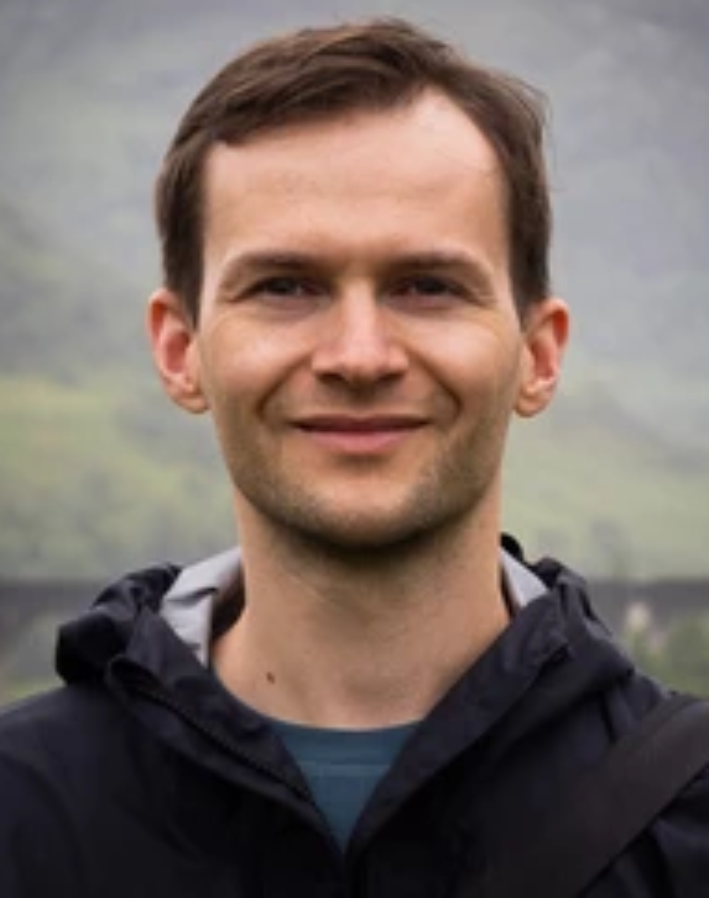
Dr. Pfeifer develops robust sensor fusion and localization methods for autonomous systems. After earning his Ph.D. at Chemnitz University of Technology, he joined Siemens. He emphasizes that assuming Gaussian measurement errors is problematic—non-Gaussian errors are common in navigation and perception and can cause autonomous systems to fail dramatically.
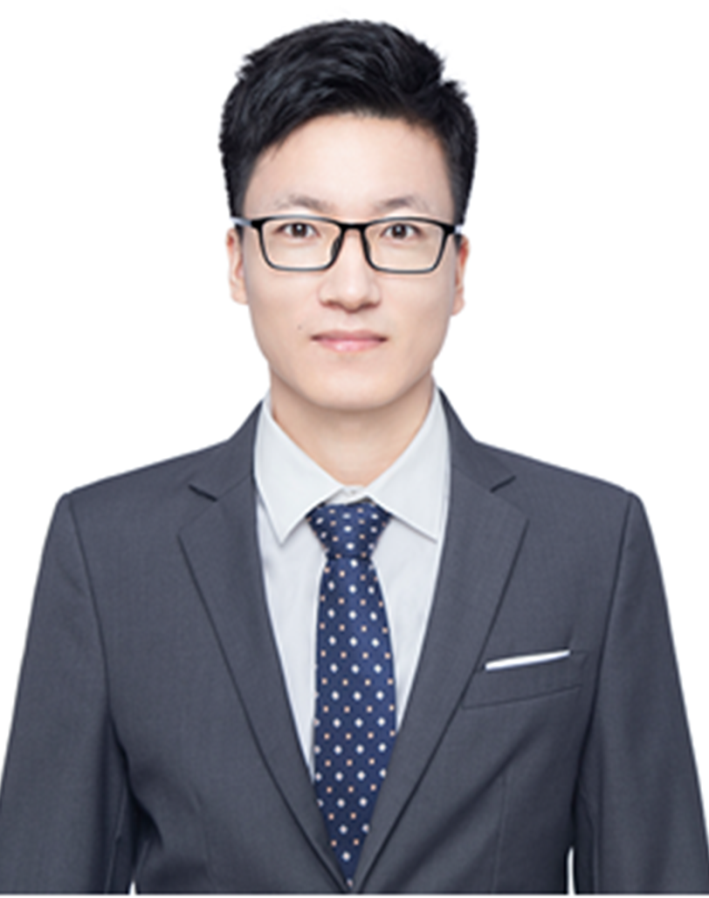
Dr. Wen is Assistant Professor in the Department of Aeronautical & Aviation Engineering at The Hong Kong Polytechnic University. He holds a Ph.D. in Mechanical Engineering from PolyU (2020) and his research focuses on multi-sensor integrated positioning, SLAM, GNSS, navigation in urban and challenging environments, and safety-assured autonomous systems.
Organizers
